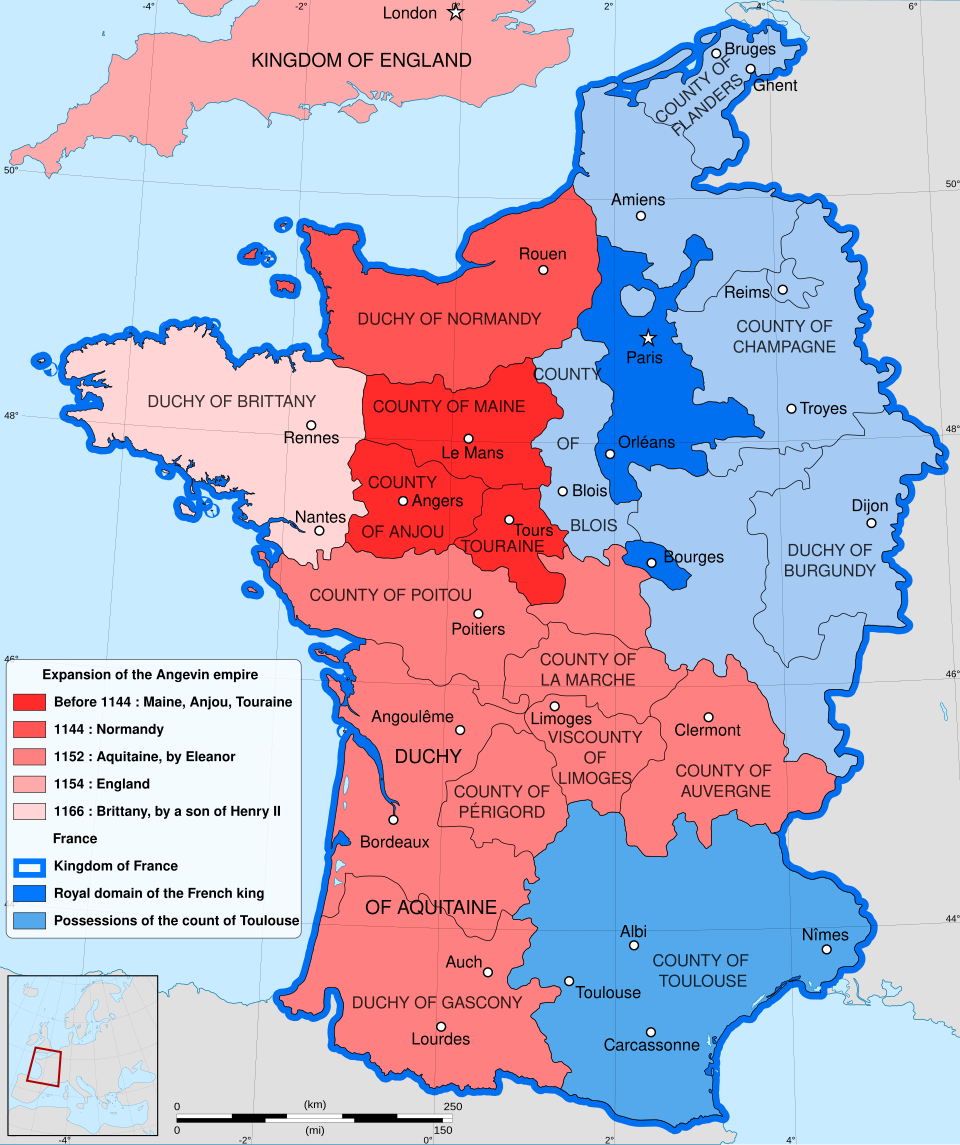January 9, 1806 - Funeral of Horatio Nelson
- James Houser
- Jan 9, 2020
- 3 min read
Updated: Jun 1, 2021
This post was super glammy. Not pleased with it, and the hero-worship nature of this post is me not being a very good historian. Nelson was a complicated man at best, and possibly overrated - though not if you listen to British historians. That being said, he is absolutely fascinating and deserves a good hearing. The average reader LIKES the man.
January 9, 1806: Admiral Horatio Nelson, 1st Viscount, is laid to rest in St. Paul's Cathedral in London. Britannia's greatest defender lies there still.
Lord Nelson, Britain's greatest admiral and naval hero, was many things. He was a shameless self-promoter, a press hound almost before there was a true press, an absolute narcissist and a tower of vanity. He was an inveterate womanizer, and his extramarital scandals were the talk of Europe. He was insubordinate and ingracious to both higher officers and politicians; if he had superiors, he did not recognize them. His occupation of Naples and suppression of revolutionaries was harsh, even for his time; he was prone to violent mood swings.

Great men are not often good men. The two notions would be mutually exclusive if not for the few that disprove the rule - Jesus Christ, Martin Luther King, Abraham Lincoln, Dietrich Bonhoeffer, William Wilberforce. Nelson was not a good person. He was remarkable, though. Having listed his faults, it's only fair to list his charisma, his incredible and intoxicating leadership, his genius, and his talent. Ridiculously brave, he lost an eye and most of an arm in combat and continued to command.
As the captain of a single ship, he turned the tide of battle at Cape St. Vincent in 1797, facing the Spanish fleet alone. At the Nile in 1799, he destroyed Napoleon's fleet in harbor with an impossible maneuver, ruining the future Emperor's plan to conquer the Middle East. At Copenhagen in 1801, he ignored the orders of his cautious commander to curl in and destroy the Danish fleet.
To Britain, he was the greatest hero the world had ever seen. America doesn't have anyone who could compare, except maybe Washington. A larger than life personality combined with indomitable recklessness and a towering ability to command. Whenever the French threatened to invade Britain, there was Nelson, placing his ships across their path. As long as he was protecting them, the English thought, no one could land on Britain's shores.
Then came the great year of 1805. The French and Spanish fleets threatened to unite and sweep the British navy from the seas. With the Channel clear, Napoleon's Grande Armee could cross and overthrow Europe's only real democracy. (Okay, sort of a democracy.) As the fleet wound north, Nelson moved to intercept it with an understrength, unready, tired and battered British fleet.
They met at Trafalgar, October 21, 1805. Britain's enemies never stood a chance.
Nelson assumed an unorthodox formation, confusing his foes as he dove into them, slashing through his foe's line and throwing the battle into chaos. At its peak, a sniper in a French topmast fired the round that severed Nelson's spine. As the French navy went down to its final, disastrous defeat, Nelson, surrounded by his weeping crew, breathed his last.
Nelson's body was placed into a cask of brandy to preserve it for the trip back to London. His funeral was massive, King George III himself weeping over the coffin, with over 10,000 soldiers escorting the casket to St. Paul's. He was buried on January 9, 1806 in a tomb meant for King Henry VIII. Britain mourned his loss, feeling that even defeat would have been better.

Nelson delivered that proud, stubborn little island nation from its greatest threat until Nazi planes darkened the skies in 1940 - and maybe even greater than that. He rests still in St. Paul's, with a bier that is imposing even to those who do not know his name. His 218-foot column, tall and haughty, stands in the center of London overlooking Trafalgar Square, named for his greatest and last victory.

A good man? That's debatable. A great man? No question.
Nelson has a metric crapton of biographies, the best of which is probably Roger Knight's The Pursuit of Victory: The Life and Achievement of Horatio Nelson (London: Allen Lane, 2005). Beware of overly fawning works.






Comments